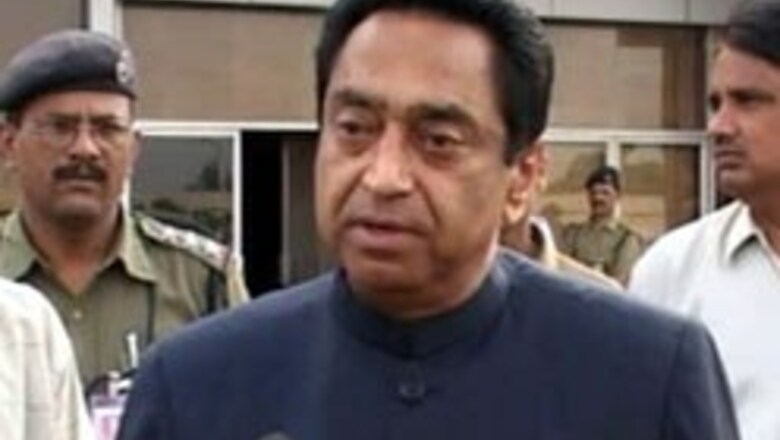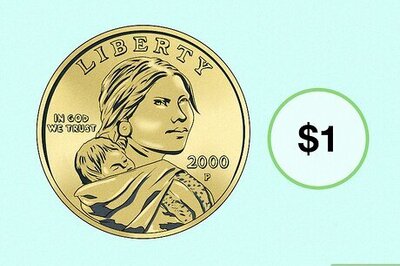
views
Geneva: There is relief among Indian officials at the WTO talks in Geneva, and also among other negotiators here, that the UPA government has won the trust vote as a lame duck government would not have been able to make commitments that would bind the country for the next several years, though Commerce Minister Kamal Nath had told Network 18 that he would attend regardless of the outcome and the Indonesian trade minister had made light of a negative vote.
Officials from Brazil, Argentina, Turkey, Thailand, Pakistan, Sri Lanka and Hong Kong congratulated their Indian peers in the hall where the talks are being held. Kamal Nath can now negotiate with authority, unlike the US delegation.
Susan Schwab, the United State Trade Representative was asked at a press conference whether her government would be able to get the US Congress to approve her offer of capping trade-distorting farm subsidies to $15 billion a year.
Congress had recently voted a large increase in subsidies, over-riding President George W Bush.
The US delegation is projecting the offer as a major concession, though $15 billion dollars is double the amount of bad subsidies that the US now offers its farmers, including those earning as much as $2.5 million a year, or owning more than 1,000 hectares.
In return for this, and for an 82 per cent cut in cotton subsidies, which might be politically difficult to make, Schwab wants emerging economies like China to open up their cotton market and to make deep cuts in import duties on farm produce and industrial goods.
That is the price she expects to extract to get Congress to approve her offer.
Kamal Nath has been saying that giving concessions to the US in return for a cut in bad subsidies is like rewarding a driver for not-violating traffic rules.
India is prepared to accept a formula that would require developing countries to cap import duties on industrial goods at 18 percent provided it is allowed to exempt, without qualification, just five percent of items from duty cuts, to protect industries like auto components.
Indian car makers, including those of foreign origin, have told the Commerce Ministry that protection from cheap imports is necessary, not so much to keep European cars out, as to guard against cheap Chinese imports.
While the US and the grudge developing countries the protection they seek for their sensitive industries, and for the most vulnerable farmers (but preventing imports of certain “special” products and by imposing special duties to control import surges) they themselves are unwilling to limit import duties on politically sensitive farm produce at 100 per cent, as demanded by Brazil.
Canada, for instance, has around 600 per cent duty on pork and fowl, Japan imposes duties ranging from 700 per cent to 1700 per cent on broken rice, peanuts, gain, peas and vegetables, the European Union levies over 200 per cent duty on butter milk and grape fruit and frozen ham can be imported to Norway only at five times the price.
The US has also said it could not agree to an Indian proposal (and of 109 other countries) to amend the intellectual property agreement to make disclosure of traditional knowledge mandatory in patent applications, obtain prior consent of the communities holding such knowledge and sharing the economic benefit of the patent with them.
A delegate, presumably from India, told the negotiators that if Indians could not export bananas, they would grow marijuana that faces no export restrictions. Heady stuff indeed, like the UPA winning the trust vote that has already charged up Kamal Nath who has announced his press conference ahead of his arrival!


















Comments
0 comment